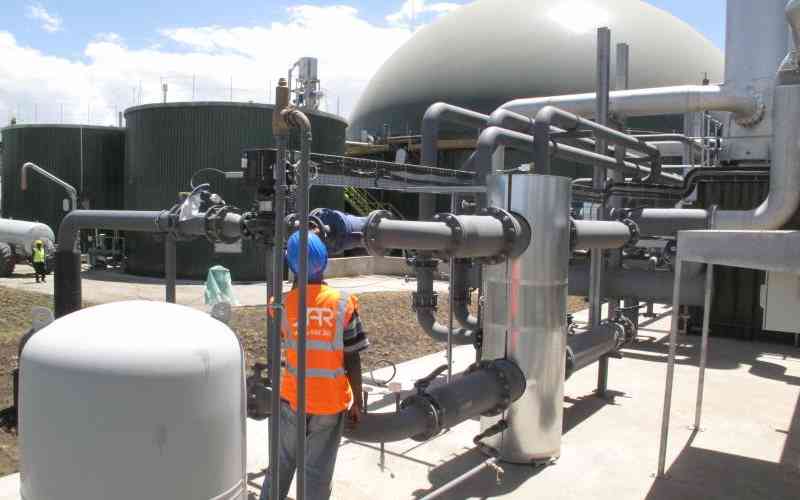×
The Standard e-Paper
Kenya’s Boldest Voice
The current environment emanating from Covid-19 has had huge and adverse impact on both the demand and supply chain.
Financial institutions, such as banks and insurance firms, with the support of their respective regulators, have come up with programmes aimed at cushioning customers from the current economic slump.







